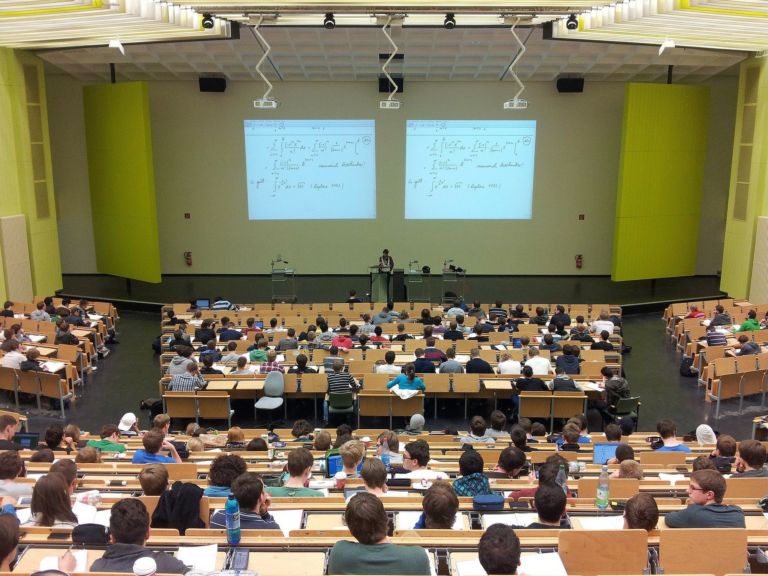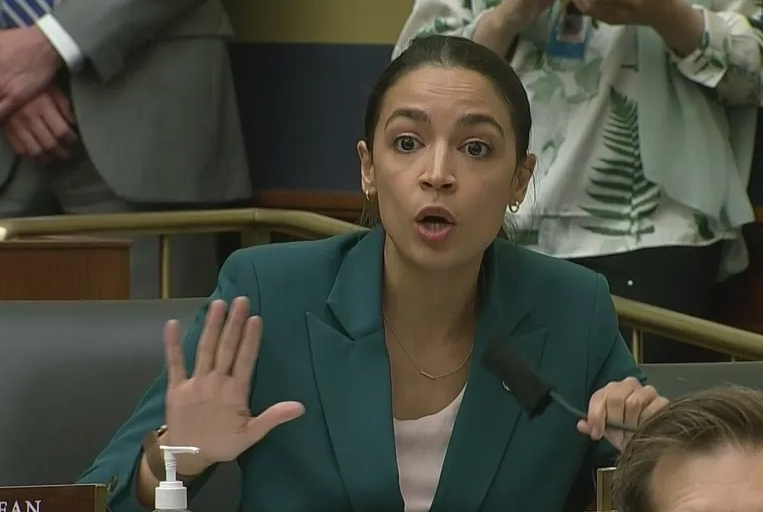Editors at National Review Online question the electorate within the Windy City.
The voters have spoken, and Chicago is going to pay the price.
Mayor Lori Lightfoot was undone by her toxic unpopularity in the Democratic primary a couple of months ago. That left a choice between two drastically different Democratic visions of the city’s future: a return to Daley-like normalcy under establishment candidate Paul Vallas, or an experiment in trendily progressive big-city governance with Cook County commissioner Brandon Johnson. And a sharply divided city chose by a 52-48 margin (the closest such outcome in Chicago history) to veer hard to the left, sending Johnson to the mayor’s office in an election that bodes ill for the Second City.
To say that Brandon Johnson is a dream candidate for national progressives is to understate just how many boxes he checks for today’s activist Left. He is an African-American lobbyist for the powerful and radical Chicago Teachers Union in addition to his nominal duties as Cook County commissioner. (The CTU funded 90 percent of his campaign; when he announced that “Chicago is a union town” in Tuesday night’s victory speech, he was not speaking of the Fraternal Order of Police.) He wants to immediately raise $800 million in city taxes not just on high earners, but on tourists and commuters who live outside the city. In an election fought primarily on the issue of crime — the murder rate in Chicago has skyrocketed since 2016 — Johnson was a candidate whose most moderate position was retreating from his original position of “defunding the police” to a “no additional funding for the police” stance that his base regarded as a “compromise.” Instead, Johnson proposes to hire social workers to replace missing police manpower in Chicago’s most crime- and gang-ridden communities.
These issues (and many others) were not concealed in the campaign; they were aired fully in debates, advertisements, and commentary.


